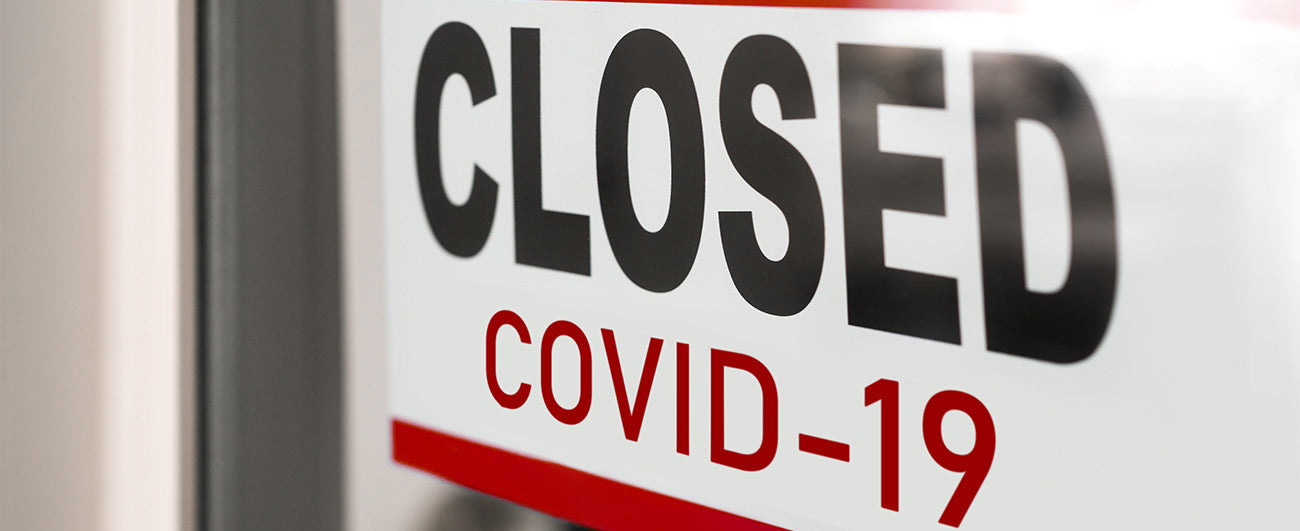Anxiety and Panic Attacks
“What is the world coming to?” Is this a question you are asking yourself in 2021? You are not alone. It is kind of crazy reviewing the events of 2020. Did you ever think a pandemic would be declared? It was probably as likely as WWIII.
One year later, our society is struggling with mental health issues, the levels of which have never been documented before by medical professionals. In 2019 there were 3318 suicide deaths recorded in Australia. The amazing news is that 2020 did not record an elevated spike in suicides and the rate was comparable to 2019. Yet global data consistently demonstrates that in times of severe economic hardship, that suicide rates increase.
So, what has worked in Australia? Suggestions are that extrapolated statistics instantly alerted the government to potential problems. Being aware of the possibility saw the introduction of early prevention measures. The government increased funding to mental health services as soon as business closures resulted in a sharp rise in unemployment, which is the recognised association with increased mental health issues.

The public didn’t anticipate the repeated subliminal onslaught of Covid-19 media propaganda surrounding the crisis. Journalists generated fear into the population with the constant news reports, over and over again, with elevated voice tones added to the mix of reporting. Once a fear was instilled in your psyche – a fear for your health and family – it was extremely easy for the government to impose restrictions upon us all, reducing our freedoms. Our freedom of speech and freedom of movement were curtailed. Everyone had a dread of “What will the future bring?” Is it any wonder that we all had moments of panic?

Essentially humans are social beings. We desire a hug, that tender touch, a kiss, that drink with a mate or coffee with a friend. It is those social environments where we can unload our troubles to family and friends; talking through our issues and feeling so much better when we know others have the same tribulations and concerns. We can tackle the emotions together, laugh about them, seek remedies and generally accept that we can have a laugh or shed some tears and get on with life.
For many others though, professional help is required. Past advertising campaigns have a positive effect in people seeking help, with most online and call centres having documented an increase in their services.
One in four people will struggle with mental health. Despite the solidarity and support of family and friends many have been in crisis through 2020 and continuing through 2021. And while suicide statistics feature foremost, often the anxiety people experience goes undetected and untreated.
Have you ever experienced a rapid urge of overwhelming fear and anxiety?

A panic attack is debilitating. They can happen anywhere at any time, with symptoms so severe you will think you are having a heart attack. You are literally frozen and surrounded by an intense wave of fear. It happens totally out of the blue, making your heart pound. The intensity totally disables you and you just cannot breathe. Repeat attacks are often triggered by a specific situation, but not always so. The body triggers the fight-or-flight response, which is the body reacting to danger. A range of hormones and chemicals flood the body, especially adrenaline, as the body assesses and determines options to survive.

Some symptoms include:
-
Heart rate and blood pressure increase
-
Shortness of breath
-
Skin becomes flushed
-
Pupils dilate
-
Memory is affected
-
Crying
-
Irrational thinking
-
Shaking and trembling
-
Sweating
-
Nausea
-
Detached from your surroundings
-
Numbness
-
Hot or cold flushes
-
Dry mouth
-
Fear of dying, losing control, or going crazy

You may be perfectly healthy and happy and have no comprehension as to why the panic attacks happen. Repeated attacks generally signify a panic disorder and take an emotional toll. Regardless of the cause, it is treatable. Counseling services may help reduce or eliminate the symptoms, giving you the confidence to regain control. The extreme terror felt during an attack can negatively affect your self-confidence, causing significant interruption to everyday life.
The exact causes remain unclear, but acute stress may be the trigger. Recent unemployment, relationship breakdown, domestic violence, crowded places, a change of environment, illness, mounting debt, and medications are also pronounced triggers.
It is frightening seeing a friend or relative have an anxiety attack. For the person having the attack, the fear is very real. Telling them to calm down doesn’t help. Even though scary, the attack is not life-threatening. It is important that you remain calm, find a quiet place for the patient to sit, and then have them focus on deep breathing until the attack passes. Then reassure and advise they seek help.

Aware of the 2020 crisis impact, government has announced supplementary mental health funding. Therapy is the most effective form of professional help, though in some instances a temporary course of antidepressant medication may help.
WHERE TO GET HELP
- Your Doctor
- Psychologist
- Anxiety Helpline T: 1300 269 438
- Mental Health Foundation Australia
- Beyond Blue Support Service

